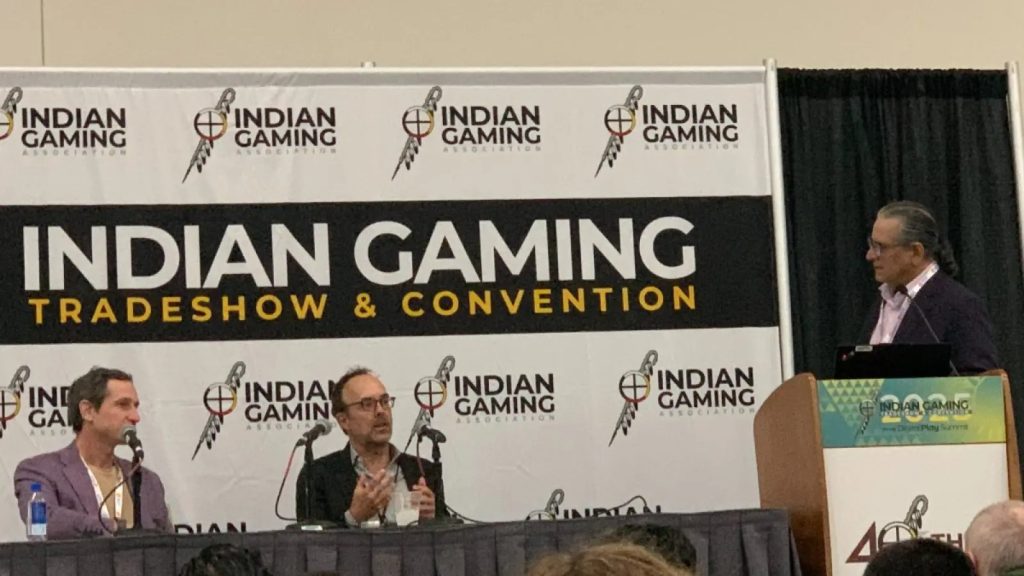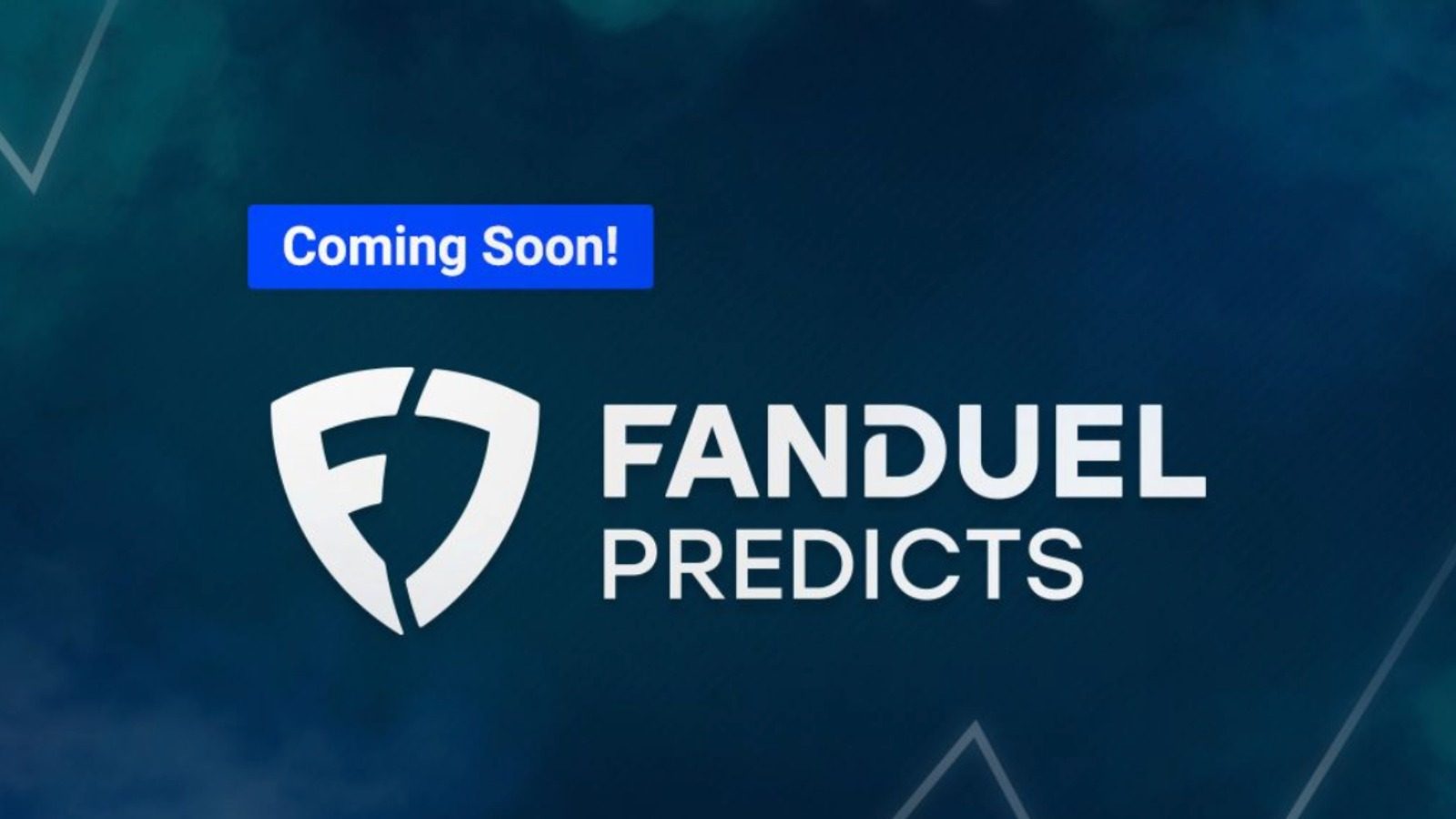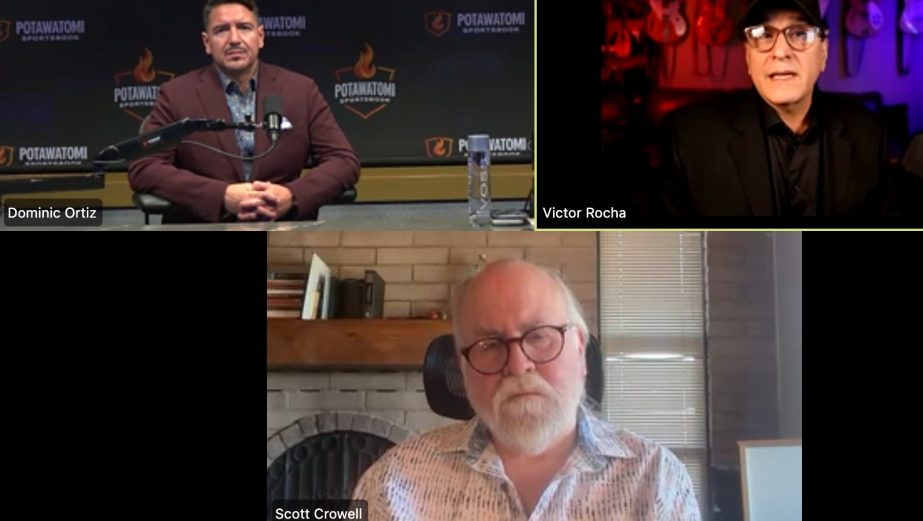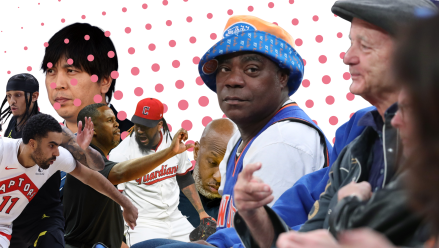Seven months ago, DraftKings made a promise. Consider this conversation, held in an open forum between Sports Betting Alliance (SBA) members and California tribal leaders:
DraftKings Chief Commercial Officer Jeremy Elbaum: “For California, [sports betting] is the only thing that we are out here to do. We’re either going to make this succeed or not.”
California Nations Indian Gaming Association chair James Siva: “So if we don’t come to the table or can’t come to an agreement, are you going to bring [prediction markets] into California? I’ve seen DraftKings futures already and I am sure that FanDuel has some coming, too.”
Elbaum: “No, that might fit somewhere else, but not here.”
But in the last two weeks, DraftKings and rival FanDuel announced that they will launch prediction markets in states where digital sports betting is not yet legal, including California. Both say they will geofence out reservations. But from a tribal perspective, if there ever was even a splinter of trust between Califorina’s Indian Country and the commercial wagering industry, it is likely gone.
‘We didn’t really understand’
Since California’s tribes spent nearly $250 million to kill a 2022 commercial sports betting initiative in California, FanDuel and DraftKings have been publicly trying to mend fences with them. At the Indian Gaming Association conference in April — the same week that Elbaum promised Siva no prediction markets would be in California — DraftKings CEO Jason Robins and FanDuel President Christian Genetski were repentant.
“In California, there is not a chance for sports betting unless the tribes are running it. It can’t happen,” Robins told moderator Victor Rocha during the “The Power of Partnerships: Aligning with Established Gaming Brands” panel. “That’s been the thing that we’ve really learned. … When we first did a ballot initiative in California, we didn’t really understand it was so different. We just thought that if everyone is making money, then it would be all good. But it was totally different in regard to conversations we’ve had here.”
The move into prediction markets, however, shows that DraftKings still doesn’t understand. For tribes, money is not the driving factor.

Said Genetski: “I think that there will be an opportunity to make something happen and create something that is generational in California. We know that needs to come from the tribes, and we have said we will be accessible. It starts from tribal ownership and sovereignty. We want to contribute what we can to creating a big pie that we can then share.”
The introduction of prediction markets is the opposite of having something “come from the tribes.”
And yet, here we are. In California, compacted gaming tribes have a legal right to gaming exclusivity. They are also sovereign nations. It is ultimately the tribes that will offer sports betting market access, just as tribes in many other states do. The Florida Seminoles, to date, are the only tribe to retain exclusivity for sports betting. And California tribes want the same.
Prediction markets, which are licensed and overseen by the federal Commodity Futures Trading Commission (CFTC), are an end-around that allows operators to enter a jurisdiction without state — or tribal — approval.
‘Seven generations’ is the driving force
Commercial operators, despite talking the talk, don’t seem to grasp that not only do the tribes have a legal right to in-person and digital sports betting in California, they also have a wholly different point of view than the operators. Genetski used the word “generational” in April. Tribal leaders use that word weekly, if not daily. Because whether it is the right to legal sports betting, water projects, wind farms, or drilling, tribes across the U.S. value protecting future generations over a quick buck or fast deal.
The Seventh Generation Principle is woven into the fabric of native tribes around the world. The concept originated with the Haudenosaunee Confederacy in New York. Tribal leaders use the principle as a North Star, guiding decisions by asking how each decision will affect the next seven generations and preserve the land, community, and a tribe’s culture.
In America today, it’s a concept that feels foreign — or, as some have told me, “quaint.” For me, it’s a principle to envy. To care so much about what comes next, to feel so connected to the earth, to embrace a community … those are values I wish had been more present in my upbringing.
But most of us outside of Indian Country don’t place as high a premium on those values. And that matters, because tribes and commercial operators are coming at legal gambling from considerably different viewpoints.
The decision to enter California with prediction markets is just one more move that tribes will view as a violation of their exclusivity and trust. In July, California Attorney General Rob Bonta wrote an opinion that daily fantasy sports (DFS) of all kinds are illegal in California. But there is no law around this — DFS operates in a gray area in California — and Bonta has not yet undertaken enforcement action.
DFS operators — including DraftKings, FanDuel, PrizePicks, and Underdog, which is already offering limited prediction markets in California — remain live. If the biggest sports betting operators want to offer an olive branch to Indian Country in the wagering conversation, shuttering their DFS platforms is an option. None has.
Operators using prediction markets as tools?
There is a theory that the decision for DraftKings and FanDuel to move forward with prediction markets is an attempt at leverage in non-legal sports betting states. Anecdotally, we’re heard that that prediction markets are most successful in states where wagering is illegal. And Robins in September said, “I think the TAM (total addressable market) opportunity is likely to be very significant in states that don’t have legal online sports betting.”
Maybe this idea is valid in a state like Texas where there is no legal Class III gambling and no tribes attempting to protect their future. But in California or Minnesota or Washington State, where tribes are already operating Las Vegas-style casinos and have strong relationships with their governments, what exactly is the leverage? And, I’ve wondered, what is the point?
There’s little proof to date that prediction markets will generate revenue anywhere near what legal sports betting does. There is evidence via BetFair in the U.K. that the opposite is true. The business accounts for a single-digit percentage of Flutter’s total revenue.
U.S. operators have said themselves that their sports betting product is and will likely remain superior to any prediction market product they can offer. While a sports bet on a traditional wagering platform and a sports event contract on Kalshi may look similar, they are far from the same. The tech behind traditional sports betting platforms is more advanced and nimble.
And, of course, traditional wagering companies offer odds on sports bets that are considered gambling whereas prediction markets offer percentages on contracts that are considered financial instruments.
The politics of it all
As this discussion — disagreement? fight? evolution? — unfolds, there is another factor. In the eight years since the Professional and Amateur Sports Protection Act was overturned, legalizing sports betting has been a mostly non-partisan issue. Yet politics are now a highly relevant part of the conversation. Given President Trump’s seeming affinity for cryptocurrency, his son’s involvement in prediction markets, and a general desire to push the envelope, prediction markets are exploiting a unique political situation.
Like Kalshi, such operators as DraftKings, FanDuel, PrizePicks, and Underdog are seeking to take advantage, establish their platforms, and be first movers. The tribes? They are willing to sit tight, let the court battles play out, and wait for Trump’s term to expire. Indian Country has already proven it is rich in patience.
California’s tribes have a good relationship with key state politicians and the legislature. Expect the tribes to align with Gov. Gavin Newsom as he prepares to make a run at the White House. And they’ll help position overall the Trump versus California dynamic, whose intensity is sure to rise.
Native Americans have been here for tens of thousands of years. The rest of us have been here for hundreds. Indian Country knows how to wait.
The push to enter non-legal sports betting markets is driven by money. That’s not the primary language of most tribes.
I have no ties to Indian Country. I am writing as an observer. But if preserving land, culture, and family are the goal, why would the tribes, who in California have the legal power to drive the digital sports betting process, trust anyone whose goal is to make more money now with little regard for what comes next?







